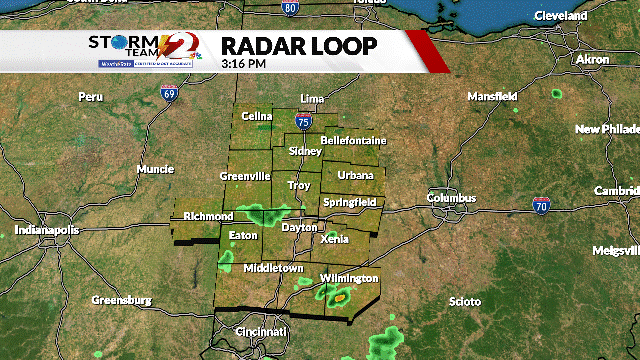HUBER HEIGHTS, Ohio (WDTN) — Huber Heights is sharing a cautionary tale with other local governments after a cyber attack caused by a Russian entity last November.
The City of Huber Heights first learned about the attack on the morning of Nov. 12, 2023, after ransomware was found in their dispatch center. On Tuesday, Nov. 14, evidence-gathering began.
By Nov. 15, several city systems were restored, and just a week after the attack, the city opened an investigation into the incident on Nov. 19.
More than 5,700 people were impacted by the attack — many were city employees. The city is now providing more than 2,000 individuals with credit monitoring.
Now, city leaders are using their experience to teach other local governments about how to prevent cyber attacks.
The city manager of Huber Heights is sharing the lessons learned from the November cyber attack, hoping that other city leaders can make sure it doesn’t happen to them.
“It’s a relief to be on this side of the attack, quite frankly,” said Richard Dzik, city manager for Huber Heights. “For many months, we were dealing with the repercussions.”
The entire incident is a cautionary tale, now being told in front of a room packed with city leaders and I.T. personnel from across the region.
“About five months after the event, we have the opportunity to reflect a little more deeply on it,” said Dzik.
Dzik spoke about what happened during the GoCyber Collective’s monthly meeting, alongside Secure Cyber Defense CEO Shawn Waldman.
“Most organizations don’t talk about this. So nobody gets the opportunity to learn what happened, what mistakes were made. ‘How do I not make those mistakes?'” said Shawn Waldman, Secure Cyber Defense CEO. “So this is just a great opportunity to get that information out in the public and allow people to learn from it.”
Waldman says attacks on governments and businesses from outside actors are becoming more and more common.
“It used to be five, six years ago, we saw a lot of domestic attacks inside the United States. But almost everything that we see now, from now on has all been nation-state driven,” said Waldman.
During his presentation, Dzik offered his tips to help other local governments learn from their attack. He encourages regular training of employees, better communication with residents, having backups in place and prioritizing cybersecurity.
“At the end of the day, if your I.T. infrastructure is not secure, every piece of your government operation is vulnerable,” said Dzik.
Now, the City of Huber Heights is entering phase three of the recovery after the attack, which involves strengthening the cybersecurity systems within the city and investing more money into I.T.
















































